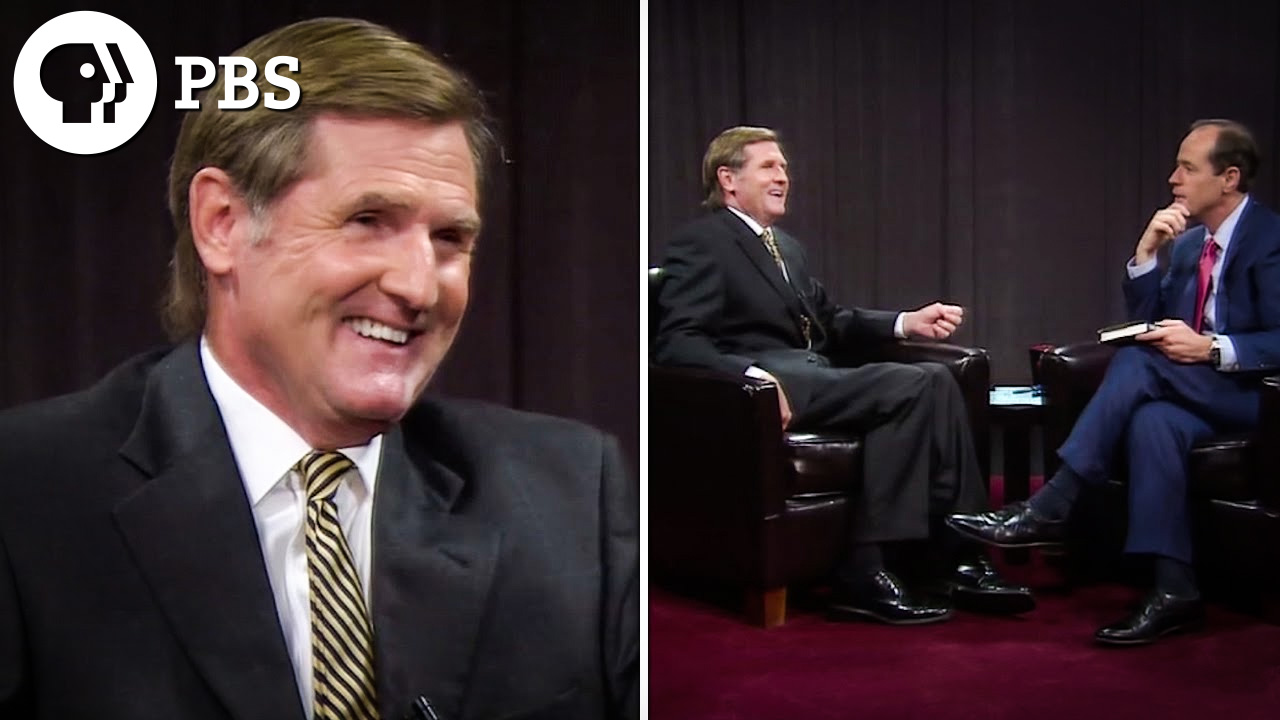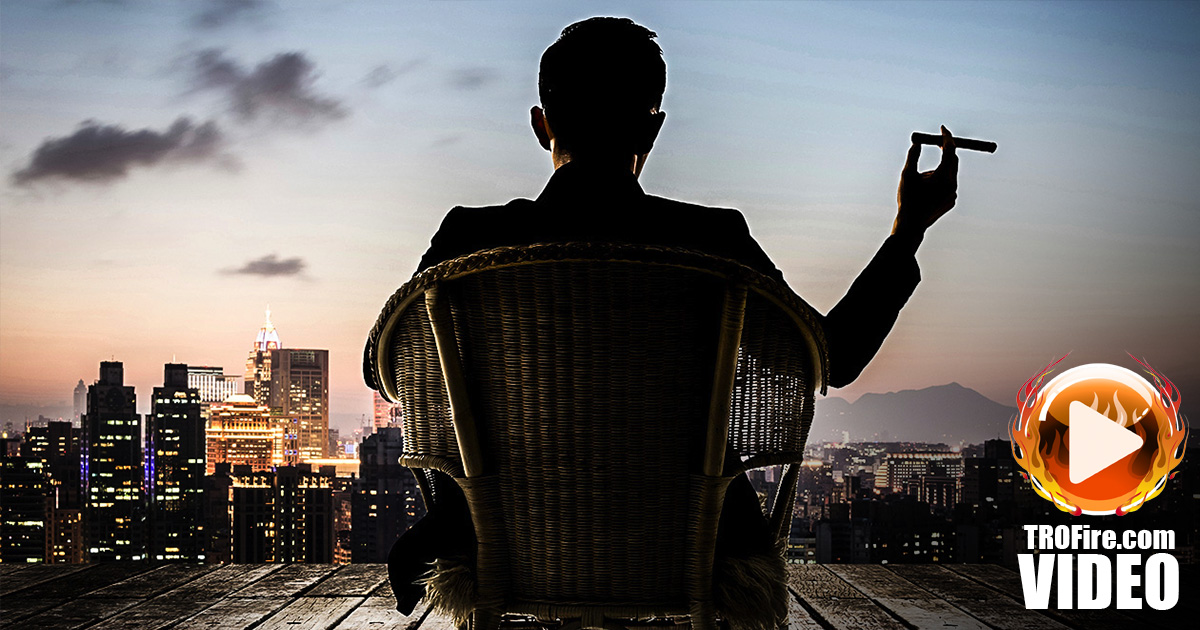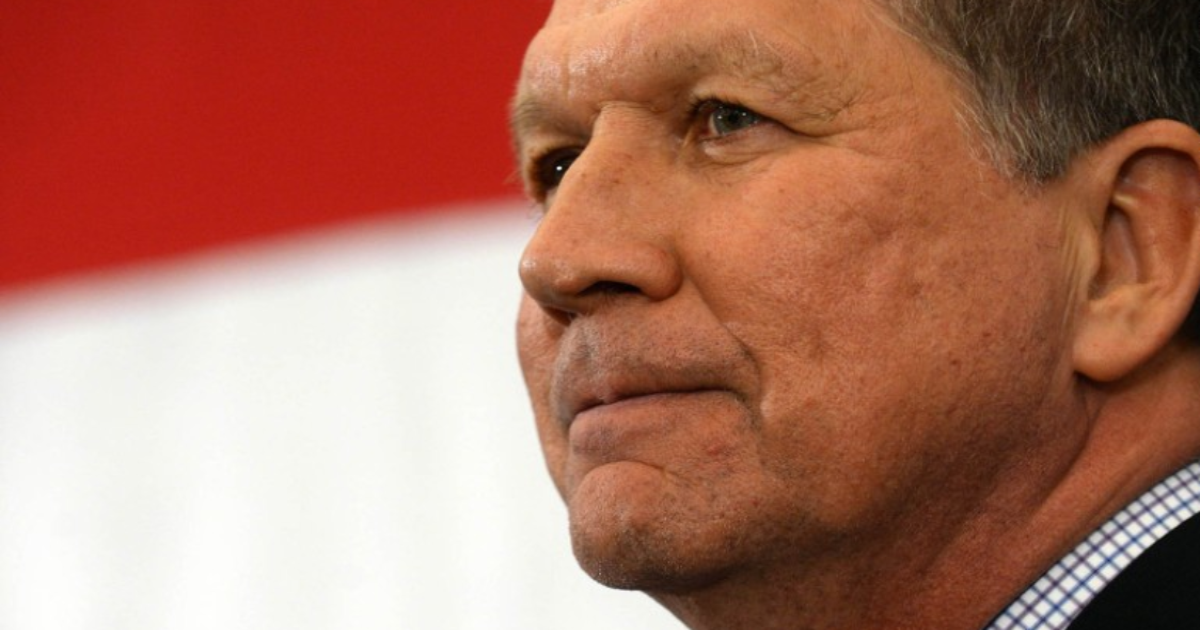Mike Papantonio joins PBS’s Conversations with Jeff Weeks to discuss his career as a trial attorney and how the nuances of trial law relate to everything happening in politics around us.
Order Mike Papantonio’s legal thriller, Law and Disorder, today!
Transcription of the above video:
Jeff: Well you’ve certainly had a big impact and I know a lot of the cases that you’ve worked on have been geared towards environmental issues.
Mike: Yes they have been. What I’ve always tried to do is I’ve tried to take on a big environmental case every few years. They’re just so overwhelming that you can only do so many and the results I’ve had have been good, there’s no question. You can’t get those kinds of results by taking on too many, they have to be the kind of case where you say my gosh, if I don’t solve this, the latent aspects of damage to people is going to be huge.
I’m involved with a project like that up in Ohio right now against DuPont where they poisoned the drinking water of 70,000 people. They poisoned it with something called C8 and they knew when they did it, they’d been doing it for 50 years…they’ve been dumping millions of pounds of this into the Ohio River and it ended up in people’s drinking water. They knew when they were doing it that the product caused cancer. The last two cases I’ve tried up there have been horrible cancer cases.
That’s the type of thing that I walk away and I say “well are we going to accomplish anything by this?” It’s not just can we clean up the stream, it is can we save lives? Can we let people know that this stuff is in the environment for five million years, this C8, that it’s in your human body for 25 years. This is the kind of stuff that I believe does have an impact, but in reality if you’re going to have a life, when you have a child, when you have a family that’s such an important priority and you have to say “well I can’t do them all well,” I’ll pick them carefully.
Jeff: What is it about these big companies or anyone once they realize that they’re doing something that is causing a great deal of harm, why don’t they stop, why does it continue on, when do the cover ups come on?
Mike: There’s a quick answer to it. First of all you’re talking to somebody who believes that capitalism is the best system in the world. If you look all over the world capitalism works when its regulated, where there’s common goals, let’s do well for everybody, let’s do well by doing some good. It used to be 25, 30 years ago a CEO would move through a company and that CEO might be there for 20 years. They might begin their career there and end their career in the large company.
Then what ended up happening in MBA school was what we call “quick profits-big risk” and those are my terms, I don’t know that they teach those terms in MBA school. Here’s what it is, you’re moving through in three years. You’re going to go to a company like DuPont, you’re going to be there for three, five at the max and what you’re going to do is you’re going to maximize that 10K at the end of every quarter, you’re going to say did I raise that 10K even one-eighth of one penny? Because if I did I’m going to make more money.
The whole system is built around that, the way that we pay CEOs is built around that way. The compensation issue has changed all that. We don’t really have a CEO that says, “You know I’ve been here for 20 years, I want to end my career by not passing something on to the next CEO that has the potential to do horrible damage to people.” That I think is one of the biggest things and then I think probably the next biggest thing is that you don’t have media really asking the tough questions. You’ve got somewhat of a corporate media now and corporate media is driven by how many advertising dollars do they sell. Because of that they don’t go and ask the tough questions and the CEOs know they can get away with it.
Jeff: The investigative journalism’s not what it used to be.
Mike: No, there are no more Ed Morrows. There is no more Walter Cronkite or Huntley and Brinkley. We’ve moved to, again just like the quick profits big risk same thing with corporate media, exactly the same thing.
Jeff: I want to come back to media in just a moment because you’re involved in that as well, but before I do so what case are you most proud of?
Mike: I would say, probably because it just happened to be a local case around here, it was a case against a company used to be called Conoco. For so many years Conoco and it’s predecessor and everybody in charge of the decision making had really polluted bio tar and some areas around. There was never a time when anybody really looked to find out how bad it was, to find out really what was actually going on. I think I vested my first effort into an environmental case there knowing that I was taking myself away from other cases such as pharmaceutical cases and security cases, those types of things that I do.
I was most proud of that because we got a good result and we got something done that was meaningful, and it meant that people were at least aware that for 40 some years bad government had allowed this to take its own life. There was a lot of reasons I was proud of that, I don’t know that that is the single most important but that was an important case to me. There’s been many single cases where I’ve handled cases for individuals and you just love these people, you work with them for years, you invest everything you can as far as your effort with them and they do the same to you. You feel like family and when you get a good result, the jury comes back and finds for your client it is a big deal. It’s a big deal because it validates your efforts there. You’ve had six to 12 people hearing your story and say yes, you should have been here, what you’re saying here is right and what has happened here just needs to be corrected.
Jeff: You’re known for mass torts and as I understand it you were instrumental in bringing the whole mass torts line of business so to speak for lack of a better term to your law firm, to Levin Papantonio Law Firm. First of all what are mass torts and what makes you so good at it?
Mike: Mass torts, people always confuse mass torts with class actions and they’re not even close to the same thing. A mass tort is a description of a case where it may be one pharmaceutical case, it may be one drug that has been put on the market and the FDA hasn’t done their job, and because of the FDA not doing their job sometimes it’s so dysfunctional that they let these things get through. It ends up effecting not just two or three people, it ends effecting thousands of people. I mean I could go on forever about the cases, the best description of a mass tort case probably would be the YAZ case.
YAZ was a birth control pill and it was put out there in competition with 50 to 60 other birth control pills, but the problem Jeff was is they couldn’t make enough money just selling a birth control pill. If it was just a birth control pill it really didn’t mean that much because there were so many competitors, everybody was selling birth control. What they did is they figured out a way to market it to appeal to young women, to say if you take this birth control pill you’re going to be slimmer, you’re not going to have acne, you’re going to be able to fight weight problems if you take this pill.
In fact they never had tested any of that to know that it was actually true. It was a pill it had a six time higher risk of causing a DVT or a stroke than the other competitors. That pill was out on the market for years and there were lawyers that kept saying “you know Mr. Media, ABC, CBS, you ought to go cover this story, this is important, my daughter’s taking this, this is what happened to her, my wife took it, this is what happened.” That’s how a mass tort case develops.
I’m typically hired and our firm is hired to handle cases for other lawyers throughout the country. You may have a lawyer who is an advertiser, 1-800 drug whatever it is. They’re more of a marketer and I don’t mean that in an awful way, I just mean that’s what they focus on. You’ve got people that just market, they’re right around here in this town and so and so and so and so. How many cases have you tried? We end up going and actually trying cases for those people. The point is you just have to be able to do it all in mass torts. You have to understand I have to educate people, but once they’re in my office I got to be able to say I can take your case and I can try it in California if I have to, I can try it in New York or Chicago, wherever.
Jeff: Right and it’s an expensive, complicated scenario.
Mike: Yes absolutely, a typical mass tort will cost a law firm, I mean if they’re the ones actually doing all the work will cost anywhere from $6 to $18 million, somewhere in that area.
Jeff: Let’s switch over to media. You have a pretty strong media background. You’ve been doing it for what, close to two decades now.
Mike: Right at two decades yes.
Jeff: Tell me about Ring of Fire.
Mike: Ring of Fire was an idea that really sprung up out of … Bobby Kennedy and I have been friends for a very long time and we were actually asked to do a show on something that used to be called Air America. It was an attempt by progressives, I mean it was Janeane Garofalo, Chuck D, Al Franken, Rachel Maddow, Lizz Winstead and so were all in there and we were asked do some programming for this entity called Air America, so that’s where we started.
Then Air America didn’t hold together. First of all the finances of it didn’t hold together, but what came out of it was brilliant because everybody went their own way and they did their own thing and that was critical.
Jeff: You have another television project you’re working on right?
Mike: Yes I do, right now RT International…it’s an international network. If you go to RT International, to any country in the world you’re going to see RT International. They’re making a move into the United States and they’ve asked me to do a program called America’s Lawyer where we interview lawyers who have these huge cases from all over the country. They tell the back stories, they name names, they say this judge did this, this legislator did this, this FDA person did this and here was the net result of it.
I’m going to start that in October and it runs out of Washington, DC but we’re going to do it right here in Pensacola. They’ve built a studio here and it’s going to run right here, and it’ll show in every English speaking country in the world, that was just part of the arrangement. I’m excited about doing it. I’m a little bit tired of doing politics, I’ve started off doing politics all the way back to Fox News where I was the only progressive or liberal on a panel and it would be me against three other people and they’d yell at me for about four minutes and I tried not to yell back but I found I had to just to be heard.
I did that a couple of years and then I did a little bit of CNN, not real regular. MSNBC ended up doing pretty regularly, and so Ed Schultz who’s been a friend for so long I guess I did his show more often than anything else. By the way he’s on the RT Network along with Larry King, so it’s a good lineup on RT Networks. Larry King, him, Thom Hartmann, it’s just a wonderful lineup of people.
Jeff: I have just a very short period of time left here. Must have been quite an accomplishment for you to be inducted into the Trial Lawyers Hall of Fame, that’s a pretty big deal huh?
Mike: It was a big deal. There’s only I think in the state maybe there’s five of us, something like that. Fred Levin of course, my partner was also in the hall of fame so it’s a very big honor, I can tell you that.
Jeff: Got about a minute and a half left, what’s next for Mike Papantonio, more books?
Mike: That’s what I enjoy doing now and I think my family likes me doing that. They’d rather have me at home writing a book than they would traveling around the country trying a case. I’m going to probably be trying cases but I’m going to be focusing a little bit on telling these stories, both through the media as I’ve done for years and through these books. Hopefully people will appreciate that there’s a lot of truth, there’s a lot of truth to what happens in these books. The only thing that’s not true in that one is the murder scene.
Jeff: If there’s one thing you would like for people to kind of remember you by or when they think of Mike Papantonio what would you like for them to think about just quick?
Mike: I tell young lawyers if you can’t stand in a room of 1,000 people where everybody disagrees with you and still maintain your position if you think you’re right then you should not be a trial lawyer, it just is not suited for you. You got to be able to handle rejection, handle disagreement.
Jeff: Great, Mike Papantonio what a pleasure to talk with you, thank you so much.
Mike: Well thank you Jeff I appreciate it.
Jeff: The name of the book Law and Disorder, Mike Papantonio. It’s a legal thriller, it’s a novel, first one in a series, worth a read for sure.
Order Mike Papantonio’s legal thriller, Law and Disorder, today!




